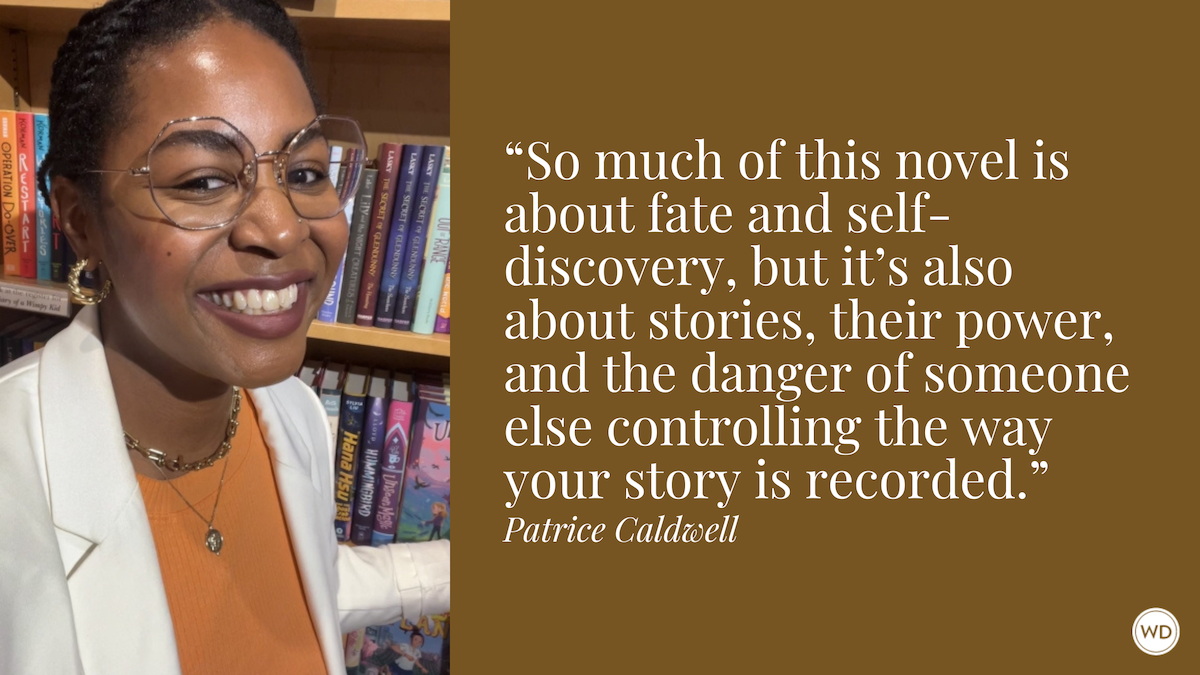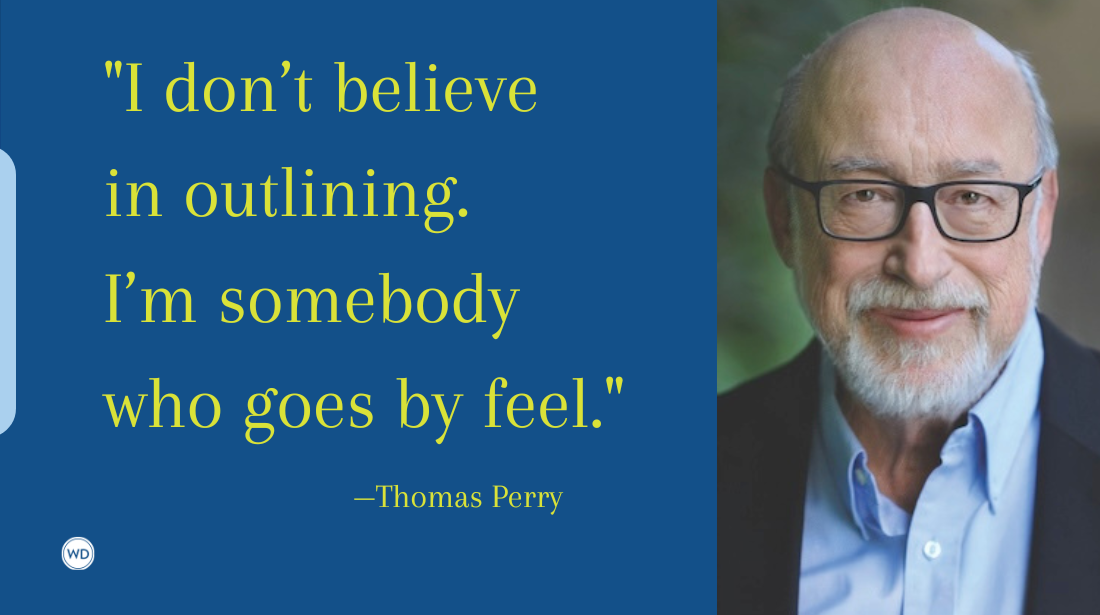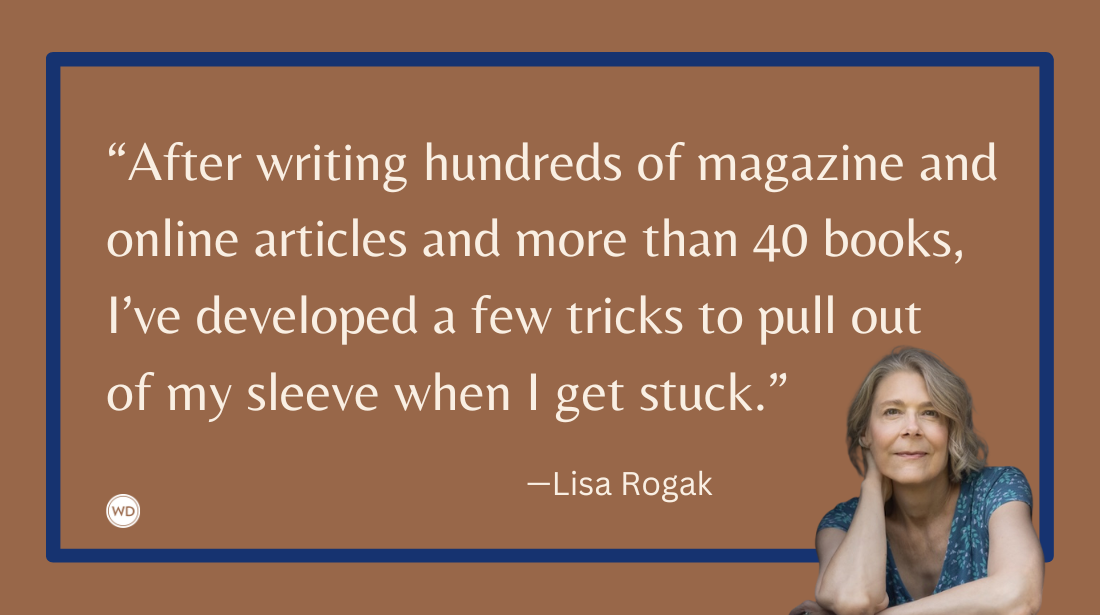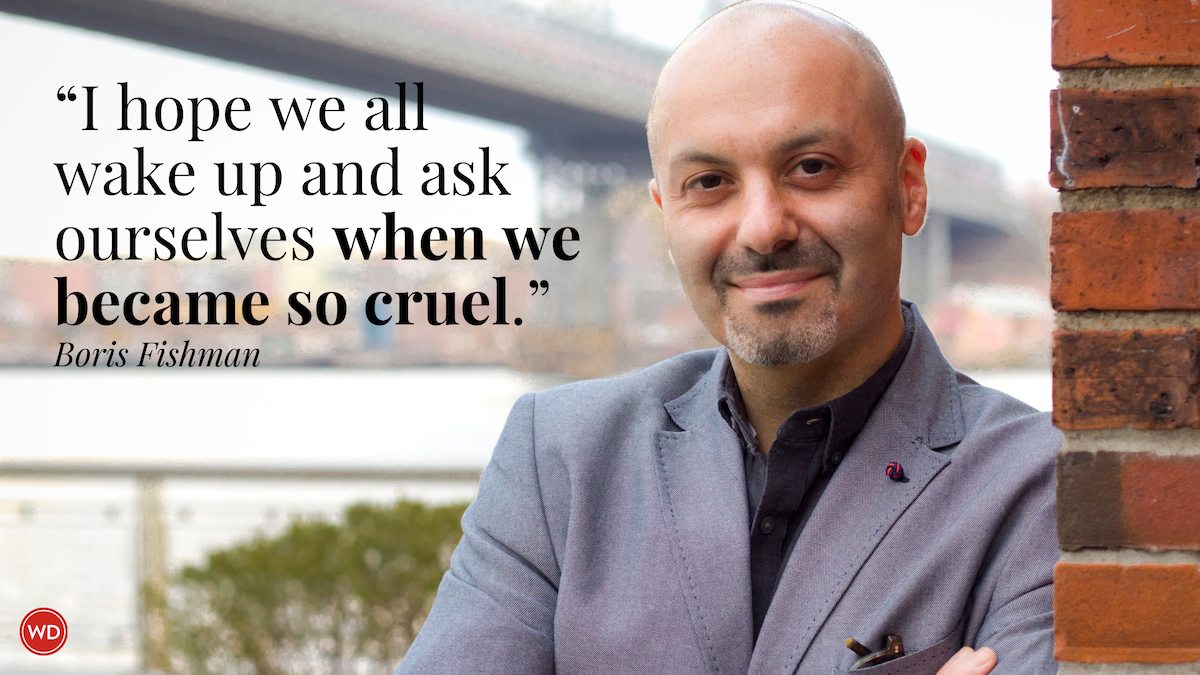A Conversation About Addiction and the Family Dynamic
Authors Jessica Lahey and Lynne Reeves Griffin have an open discussion on writing complicated realities, the intersection of memoir and nonfiction, and more.
Jessica Lahey writes about education, parenting, and child welfare for The Washington Post, the New York Times, and The Atlantic and is the New York Times bestselling author of The Gift of Failure. Lahey’s Addiction Inoculation: Raising Healthy Kids in a Culture of Dependence has been called “urgent and practical…a must-read for parents, teachers” (Publishers Weekly Starred Review).
Lynne Reeves Griffin is an internationally recognized family counselor, public speaker, teacher, and writer of fiction and nonfiction. Her work has appeared in Parents, Psychology Today, Solstice Literary Magazine, Chautauqua Journal, Brain, Child, and more. Writing as Lynne Reeves, her novel of domestic suspense, The Dangers of an Ordinary Night has been called “uncommonly assured” (Kirkus Reviews) and “shatteringly original…written with a tender eloquence that will break your heart” (Hank Phillippi Ryan).
Both women write about the impact of addiction on the family dynamic in their latest books.
Lynne Reeves Griffin: I write about education and parenting, and some personal essay too, but there’s a good deal of my family life growing up that I leave off limits. I may get there some day, and be able to disclose certain things, but I wonder how did you decide to write so openly about your experience with addiction alongside your quest to find answers to what teed up your children’s risk?
Jessica Lahey: At this point, I’ve been writing about myself and my family for a while, so there's hardly anything that’s off-limits for me. As a journalist, that’s what I've always written. From my first piece that was published in The Atlantic that went viral and led to The Gift of Failure. Everything I write comes from a place of, 'What am I curious about? Here’s what I’m seeing happening in my school, and how do I fix that? Here’s what I’m seeing with my children, and how do I fix that?'
I can only write about what I’m interested in. For me, the intersection of memoir and nonfiction is also my favorite place to read. I think the most interesting stories have to be attached to people, which is why we end up caring about them.
Lynne: Absolutely. A few years ago, I became enamored with the HBO documentary, "Heroin: Cape Cod USA." I still had so many questions after watching it that I reached out to some of the mothers who participated in those support groups. A number of them really wanted to talk to me about what puts children at risk for addiction. At the time, I was toying with whether or not to write a nonfiction book about predictive risk, but it turns out the novelist in me decided to go the fictional route.
When I read your book, I thought, 'Okay, Jess took the memoir plus parenting self-help path.' You used story as a vehicle for content, but the story is you, which makes it more emotionally resonant to readers.
Jessica: I think that’s where the best journalism comes from. That’s where we connect—through stories. That’s why Dopesick by Beth Macy was such a fantastic book, because it relates to that story. Here’s how this relates to being human. Or Mill Town by Kerri Arsenault. The angle on writing my book was to be as helpful to kids and their parents as possible. This book was about trying to end intergenerational substance abuse. And that is something we talk about a lot in this house.
Lynne: I wondered what conversations you and your husband had about how much of your story to disclose to your sons, how candid to be with them. And how to navigate those relationship dilemmas in the book.
Jessica: My husband is also a writer. Tim writes mostly about medical ethics and infectious disease. We have a lot of conversations about how you tell stories, especially medical stories, without breaking confidentiality. Still, it’s a tough line to walk, and the question always becomes, 'Is this my story to tell or someone else’s story to tell? And if it’s someone else’s story to tell, then I have to get permission or give a pseudonym.'
When it comes to my kids, who are older now, (18 and 22), we have a lot of conversations about what’s cool with them and what’s not. They have permission to say no to things. Which means as a writer, there are a lot of stories in my head that I really, really want to tell and I cannot.
Lynne: That’s often why I choose to write fiction. Particularly where addiction risk is concerned, I’ve found it hard to convince parents and teachers that the predictive evidence is there as early as infancy and early childhood. Which means prevention programs that don’t begin until middle school and high school, are too little, too late.
That’s also why I was excited when I read your book. You delve right into that evidence, and the effective prevention that’s rooted in social emotional learning (SEL), which can start really early.
IndieBound | Bookshop | Amazon
[WD uses affiliate links.]
Jessica: Absolutely. And understanding that stress—like the adverse childhood experiences Nadine Burke Harris talks about in her book The Deepest Well—is not just being hit as a child. It’s intergenerational addiction. It’s systemic racism. It’s all of these other experiences that turn our genes on and off and make us more susceptible to things like substance abuse and mental illnesses.
Lynne: And yet with all this research, we’re still dealing with the stigma of it. We still have great difficulty talking about it the same way we talk about having pneumonia or heart disease. Why is the secrecy still so insidious?
Jessica: It’s shame; it’s guilt. I think that’s the real problem with the secrecy. How family members pretend everything is fine, when what kids are perceiving they’re told they aren’t perceiving. That’s been one of the most harmful things in terms of dealing with addiction in my family. And so the one thing I knew, was that not talking about it was never going to be possible for me.
In my book, I mention Susan Cheever’s quote about the elephant in the room. A lot of people are trying to silently move around an elephant to not talk about the problem. And that’s just really disturbing for kids.
Lynne: It’s one of the things I try to examine in my book. Secrecy around addiction has an impact, even if the children look like they’re doing well.
Jessica: My husband who’s vigilant and a physician, and who knows what to look for, had no idea of the scope of my problem. Which is so common. People are living with you and they’re just not seeing it. It actually feeds the secrecy piece as well. It keeps it going.
Lynne: Which allows the addiction to creep up on you. Which I see a lot with women who struggle with anxiety. It starts to escalate as different demands on their system mount. Even though they might have had a handle on their drinking before.
Jessica: Yeah, mine actually peaked when I was writing full-time. And I was teaching full-time in middle school and I had all the usual teacher duties. I had a young child and a kid in middle school. I was always working on a piece. I had all these feelings of obligation about what I was supposed to be doing in my life. It was a lot. I thought I was handling all of that okay. And clearly I wasn’t.
Lynne: It’s how women are socialized. They think, 'If I can do all that, I must be fine.' But the real question is, 'Is the addiction messing with my life? Or is it enough for me to stop?'
Jessica: That’s the reason I’m out there talking about it so much. The minute I talk about my experience, it frees someone else up to talk about it too. That’s the best thing ever. They think, 'If she could be an alcoholic then what does that say about me?' It’s what might prompt people to question their drinking.
IndieBound | Bookshop | Amazon
[WD uses affiliate links.]
And I have to add, I’m allowed to talk about it. I get, “Oh, you’re so brave.” But it’s my job. My duty to talk about it, so that other people may be able to who maybe can’t right now. For another woman, with so much stacked against her, if she goes out there and says publicly that she’s also an addict or an alcoholic, it could be another strike against her and she might lose her children.
Lynne: I hear what you’re saying and I agree. And still I think you’re brave, because like you, I have family stories to tell, but I don’t feel emotionally safe enough to tell them yet. So I write novels. I’m still plagued by certain life experiences and want to continue to revisit them, but I need more psychic distance to be able to do so.
I think any way we can get encouraging messages like yours out there is really, really important. No one single approach to addiction education will work, especially if it’s our goal to try and disseminate all that is knowable. And there’s a lot in this topic that is knowable.
Jessica: My thinking always is, since we know that the prevention programs that work are really glorified social emotional learning (SEL) programs with health components, I always ask: would this be in a good SEL program? Okay, then, I'm using it. The ability to take perspective and engage in deep listening and empathy is really hard for kids, but if you can make that part of everyday learning, all the better.
Lynne Reeves Griffin is an internationally recognized family counselor, public speaker, teacher, and writer of fiction and nonfiction. Her work has appeared in Parents, Psychology Today, Solstice Literary Magazine, Chautauqua Journal, Brain, Child, and more. Writing as Lynne Reeves, her novel of domestic suspense, The Dangers of an Ordinary Night has been called “uncommonly assured” (Kirkus Reviews) and “shatteringly original…written with a tender eloquence that will break your heart” (Hank Phillippi Ryan).






